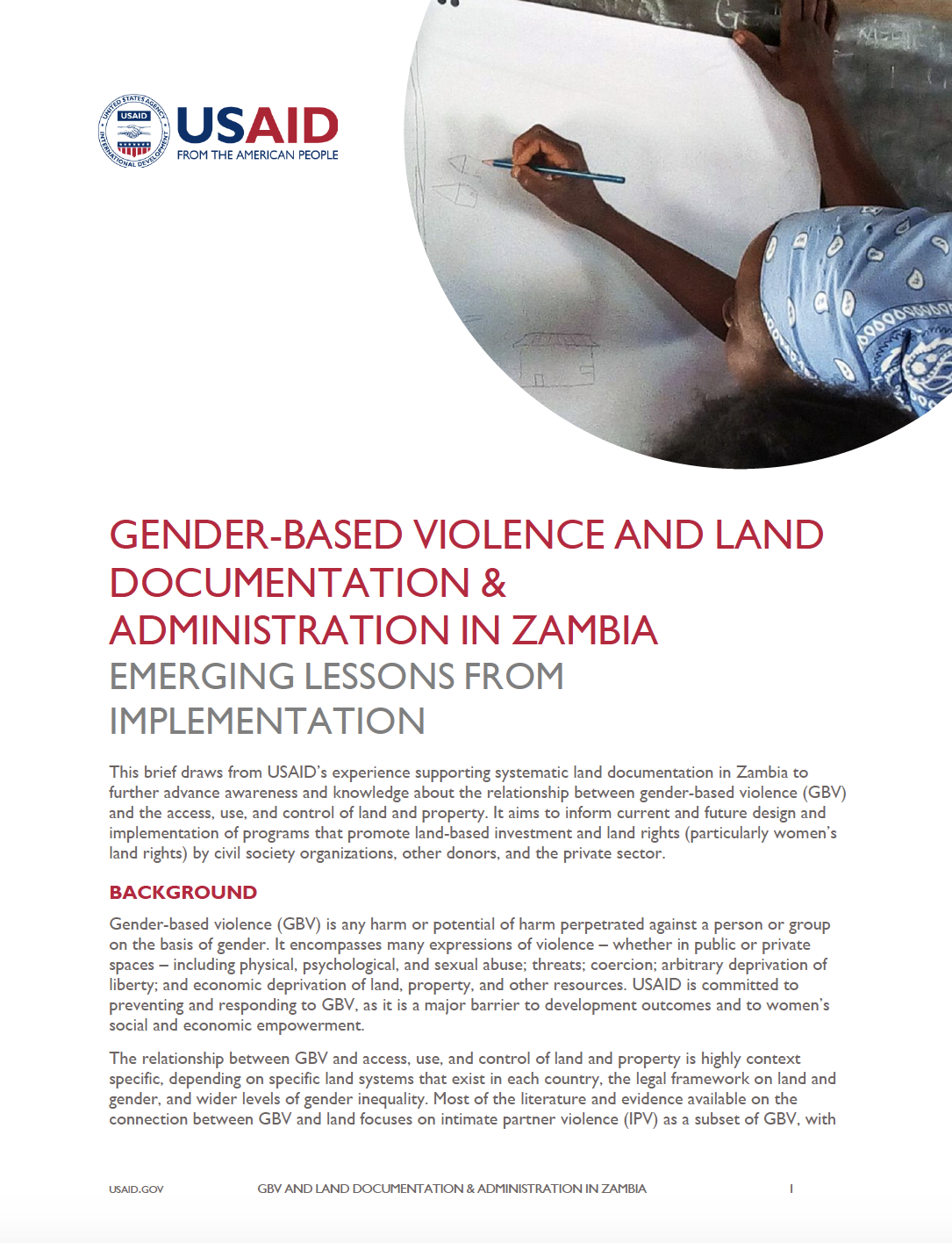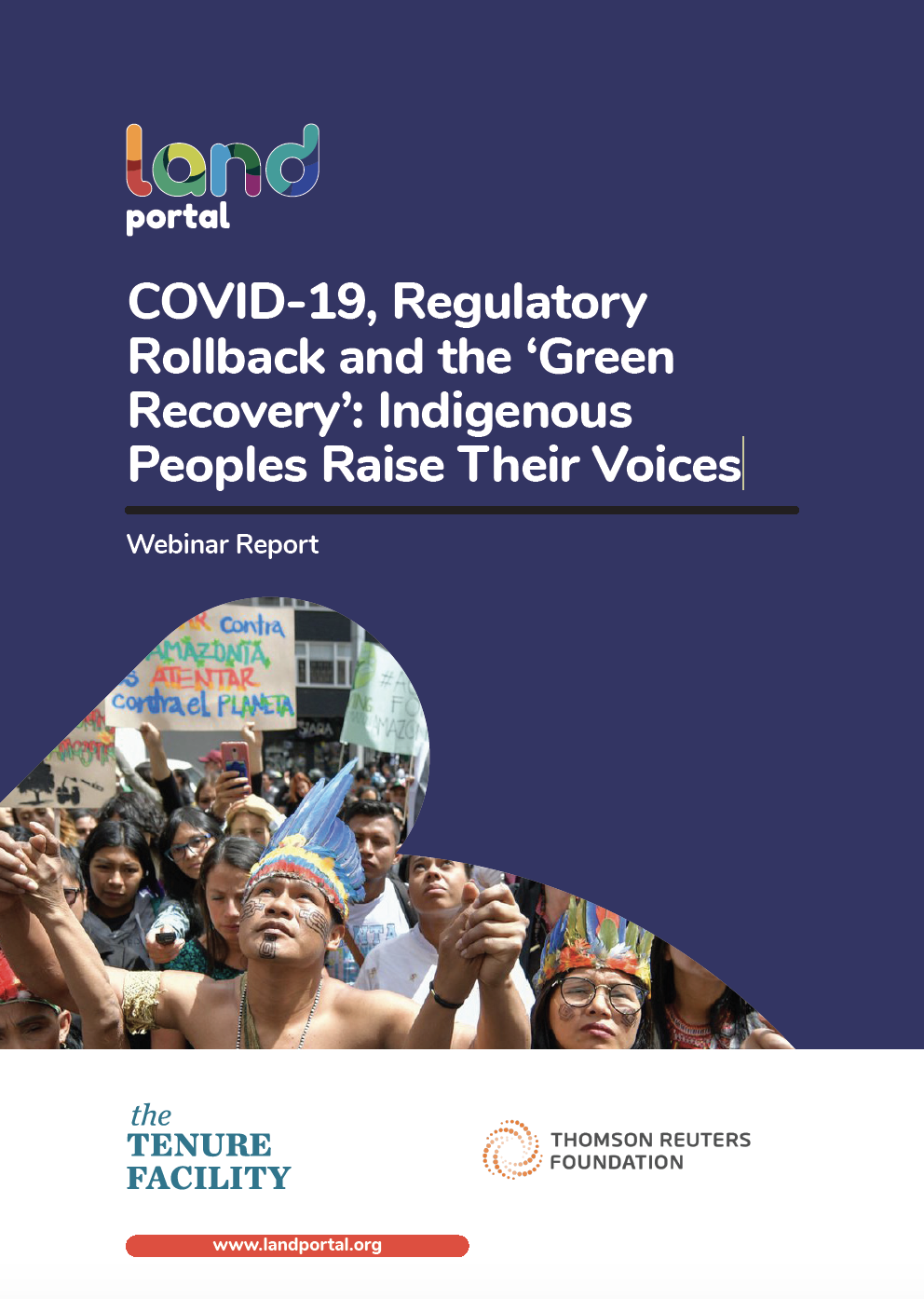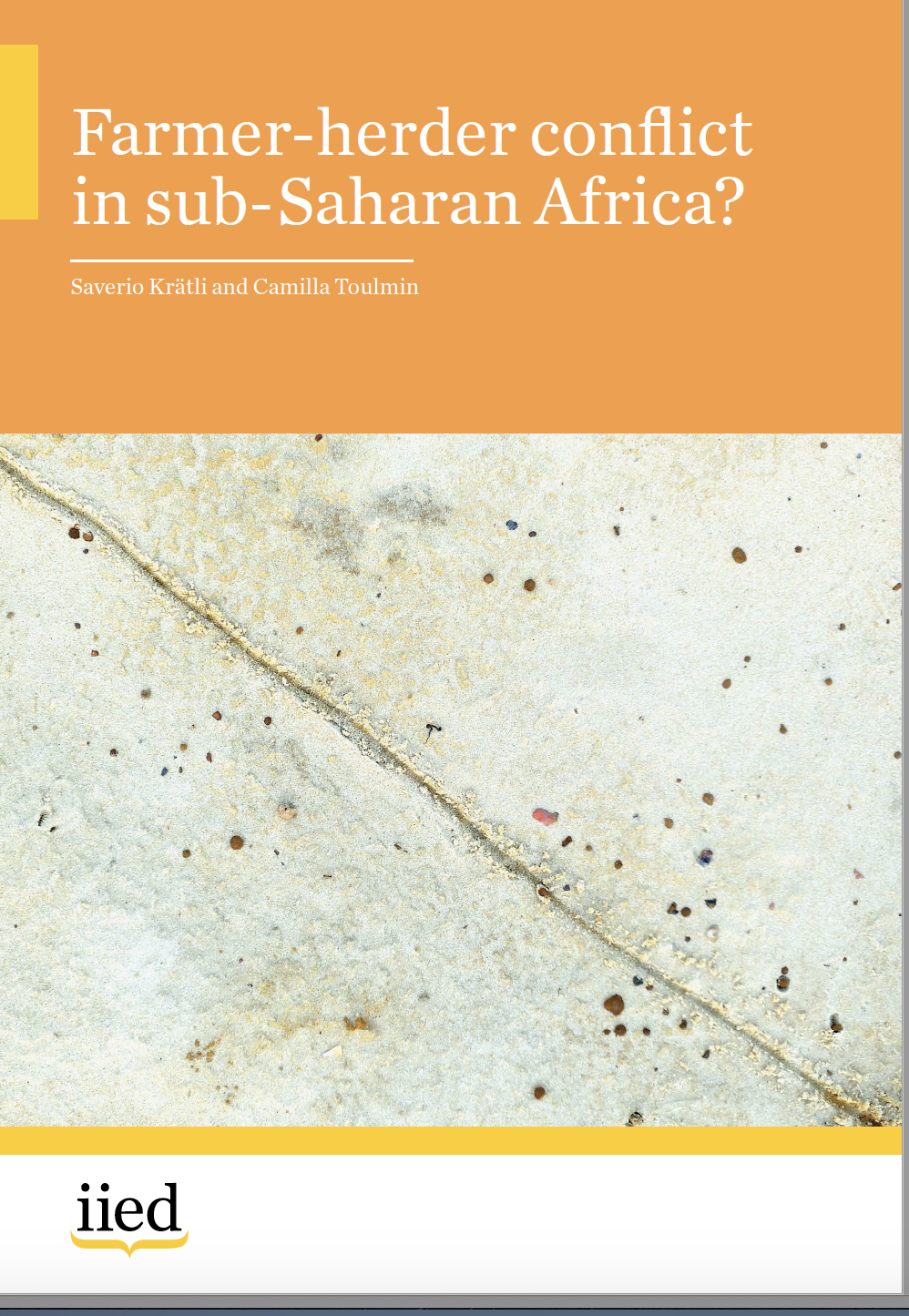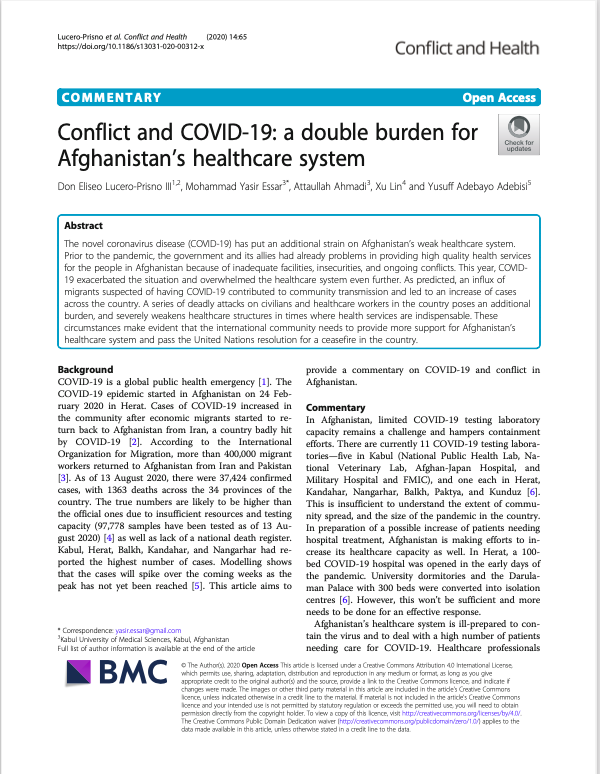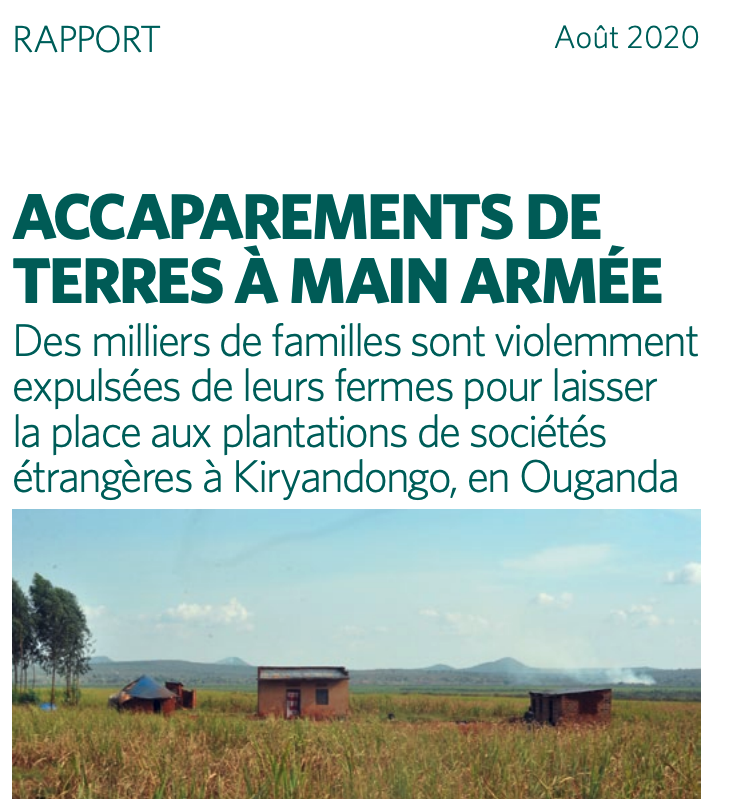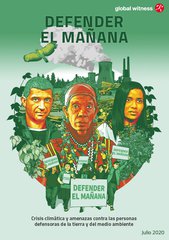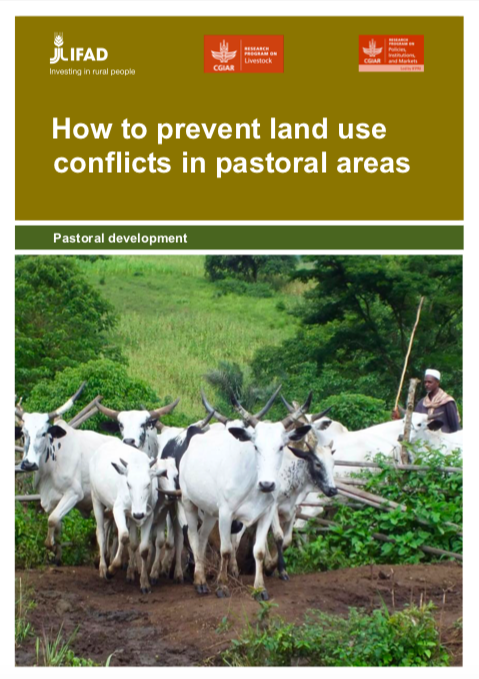Jeunes pasteurs en ville – Perceptions, dispositifs et stratégies d’action publique au Burkina Faso
Dans le contexte sahélien, depuis la fin des années 2010 des discours normatifs sur la jeunesse et le pastoralisme se sont développés, trop souvent basés sur des catégories standards impropres à décrire les réalités locales et associées dans une chaine de causalité trompeuse: désœuvrement des jeunes, migrations, participation aux violences armées, conflits violents catégorisés de manière simpliste comme ethniques et socioprofessionnels, économie criminelle, dégradation des ressources, changement climatique.Il y a un paradoxe entre le développement de ces discours généraux et le manque de do



